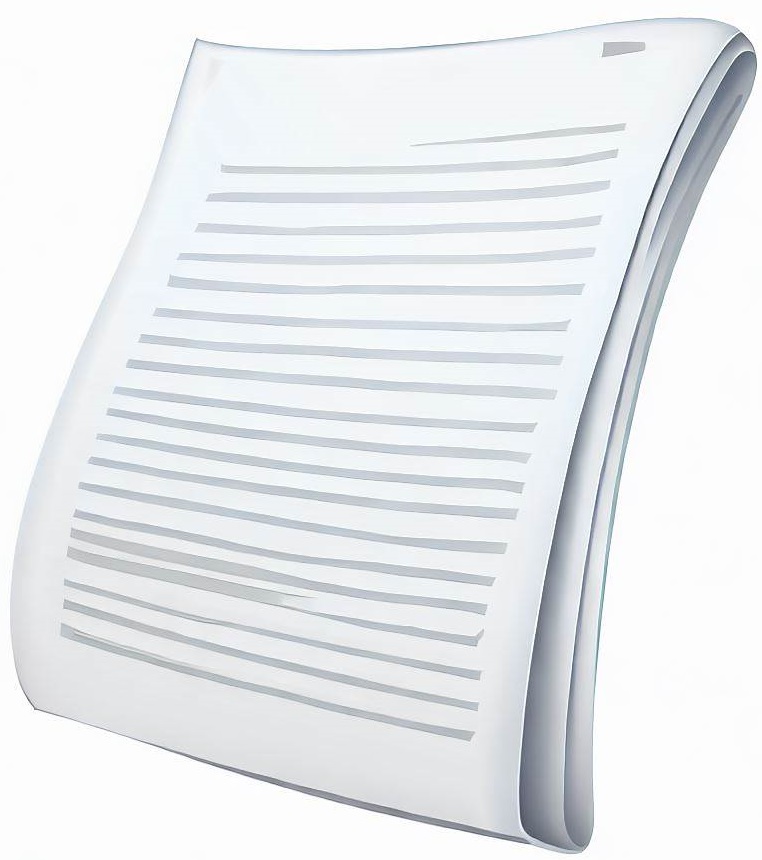Today, I will present some tips about how to write research papers that get many citations. Obviously, some of these ideas may depend on the specific topics that you are working on and there is also some exceptions to these advices.
- Publish your datasets. If you publish your datasets, other researchers may reuse them, and if they reuse them, they will cite you.
- Publish your source code. If you are providing your source code or binaries for a computer program, other researchers may choose to use your work instead of the work of someone else simply because they will save time by not having to implement the work of someone else.
- Publish solution to popular problems. If you are working on a topic that is popular, it is more likely to have an impact than if you are working on a topic that is not popular.
- Give enough details about your method. If your paper is detailed enough so that someone can implement your work by reading your paper or reproduce your experiments, then it is more likely that someone else will use your work.
- Publish a solution that is generalizable to multiple applications. If you propose a solution to a problem that has very few applications, then less people may reuse or extend your work. But if you publish something that is reusable in many situations, then chances are probably higher that you will get cited.
- Write well your title, abstract and introduction,. Even if you do some good research, if your paper is badly written then it will have less chance to get cited. The title, keywords and abstract should be carefully selected so that people that only read the abstract and title will know what your paper is about.
- Publish in good conferences and journals. Citing articles from good journals and conferences looks good. Therefore, if you publish in a good conference or journal, there is more chance to get cited. Moreover, good conferences and journals will give more visibility to your papers.
- Put your papers online! Nowadays, most researchers are searching on Google to find articles instead of going to the library. Therefore, it is important that your articles are accesibles on the Web freely. A good way to do this is to create a webpage and publish your PDFs on your website (note that it is important to check what is the copyright agreement that you have signed with your publisher to see if you have the right to put PDF on your website). After that, you may want to do a little bit SEO (Search Engine Optimization) to make sure that your website appears in Google.
- Sometimes cite your own papers. It is a good idea to sometimes cite a few of your own papers. Obviously, one should not cite too many of his own papers in a paper. But citing a few is generally ok. For some search engines like Google Scholar, papers are ordered by the number of citations. If your papers has a few citations (even by yourself), then your paper will appear before papers that have no citations in the results.
- Write a survey paper. Survey papers usually get a lot of citations because many people read them and it is useful to cite survey papers in an article. Therefore, writing a survey papers may bring you a lot of citations.
- Make sure that a PDF copies of your paper are available online. You may put a PDF copy of your research papers on your website, or on archival repositories such as Arxiv, or even put them on websites like ResearchGate.
- Mention your papers on social media or blogs. You may use Twitter, Facebook, Google Plus and other social media platform to talk about your research. Another good idea to promote your work is to write a blog post about your research work or convince someone else to write a blog post about your work.
- Give talks at universities or conferences. Another good way to promote your research is to give invited talks at other universities and at conferences.
- If you are directly extending the work of someone else, you may send him your paper by e-mail, as he may be interested in your work.
- Built a reputation for publishing excellent work. As you become more famous, people will start to search your name to find your other papers, or sometimes look at your website.
This is just a few tips. There are certainly more things that could be said on this topic. But it is enough for today. Hope that you have enjoyed this post. If you like this blog, you can tweet about it and/or subscribe to my twitter account @philfv to get notified about new posts.
Philippe Fournier-Viger is an assistant professor in Computer Science and also the founder of the open-source data mining software SPMF, offering more than 52 data mining algorithms.







Dear Prof. Philippe,
Thanks for your practical tips! I think the 1st and 2nd tips should have a positive impact on the result the paper can obtain citations. I also think citing own papers sometimes can increase the chance of getting more citations (some friends of mine often do this way!). In addition, I think researching and providing solutions for “hot” problems is also a good idea.
Best,
Dang Nguyen
Thanks for your feedback!
Philippe